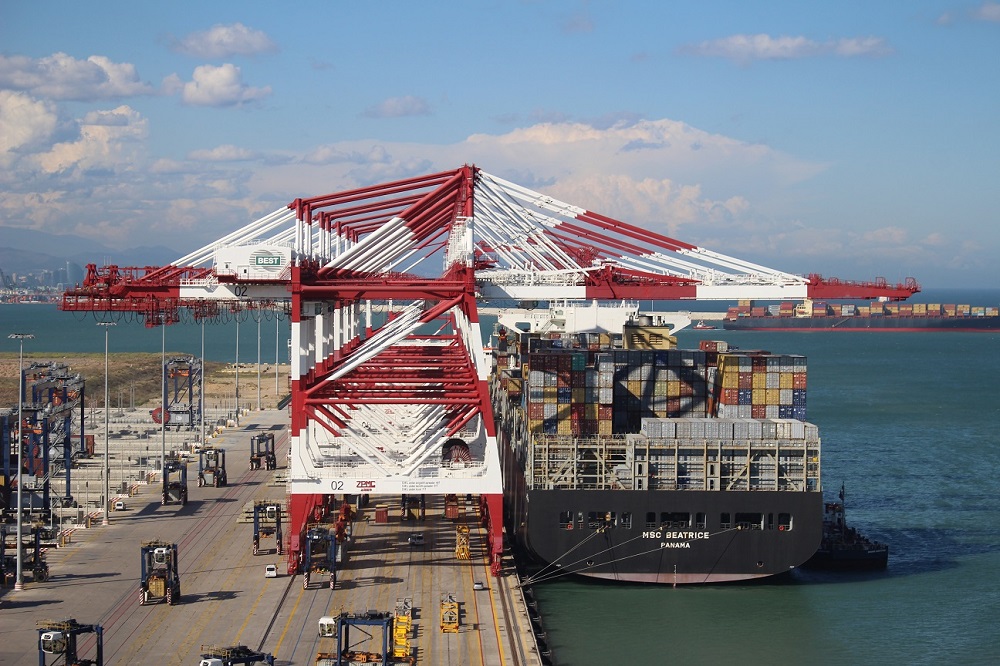New Bid to Improve Global Ports Workers Health and Safety
12th September 2016

An independent study hopes to pave the way for significant improvements in the health, safety and welfare of workers in the global container port industry. Commissioned by IOSH (Institution of Occupational Safety and Health) and the ITF (International Transport Workers Federation) and carried out by Cardiff University, the landmark report is the only one of its kind ever undertaken to such an exhaustive level.
The study, Experiences of arrangements for health, safety and welfare in the global container terminal industry, and a summary version (also attached) can be downloaded here.
The research confirms the findings of what until now was the first ever major international study of health and safety in global network terminals and identifies continuing dangers, causes for concern, and flaws in the behavioural management systems commonly employed by operators. It also offers clear pointers to improvement.
Researchers were granted unique workplace access by six major port/global network terminal operators, which are anonymised in the data.
While recognising the ongoing health and safety progress made by port operators, the report recommends attention be paid to the following areas of concern:
- Inaccurate reporting of health and safety outcomes: even within the context of modern health and safety management models, levels of injury and risk are being under-reported.
- Lack of provision for gender: the study found that there is very little attention to the specific needs of women workers.
- Limitations of behavioural management systems: the report finds the widely used behavioural OHS (occupational health and safety) model inferior to participative systems, which emphasise worker involvement as partners in health and safety management.
- A focus on immediate safety risks at the expense of longer term effects on health.
- Subcontracting undermining reporting and a safety culture: the report shows that health and safety outcomes are worse for subcontracted workers.
- Productivity targets undermining the will to prioritise health, safety and welfare.
- The lack of a consistent approach to OHS management, at least in terms of applying the highest standards regardless of country.

